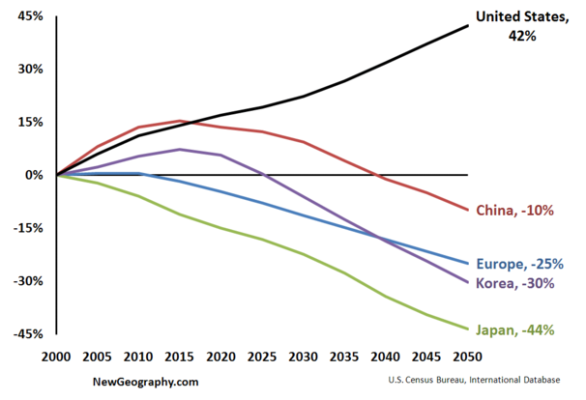Finance Dave
Thinks s/he gets paid by the post
- Joined
- Mar 29, 2007
- Messages
- 1,861
The article talks about demographics in the US and the potential impact on the equity markets over the coming generation. His comment about our parallels to Japan are quite interesting. It's hard to ignore the sheer magnitude of the demographics, but I'm sure we can find articles that support an opposing view.
Boomers' big retirement problem - 1 - investing strategy - MSN Money
Boomers' big retirement problem - 1 - investing strategy - MSN Money


